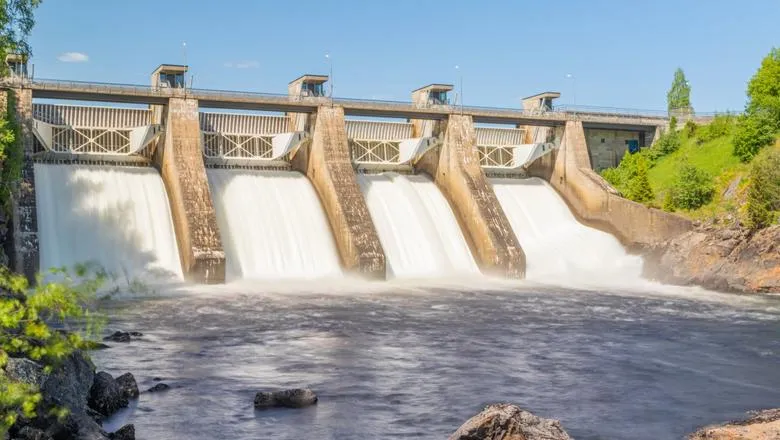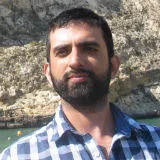We saw an urgent need for a book that intervened in mainstream narratives of water sustainability and flexed the generative muscle of a critical approach. We wrote this book to inspire students, academics and policymakers, and to galvanise approaches that centred justice at the heart of governing our water futures.
Dr Katie Meehan, lead author of the book and co-director of King’s Water Centre
21 April 2023
New book argues for a critical, social understanding of water to solve global challenges
The book by academics from the King’s Water Centre explores how social practices and geometries of power shape the flow of water.

Academics in the Department of Geography and the King’s Water Centre have published a new book that challenges long-held assumptions about water and encourages a critical approach to water-related challenges in a changing planet.
Titled ‘Water: A Critical Introduction’, the book argues that a ‘hydrosocial’ understanding of water reveals how the social practices and geometries of power fundamentally shape the flows, availability, conflicts, inequities and potential solutions to improve water sustainability.
The authors demonstrate that the traditional hydrological view of water – based on how water circulates in the system as clouds, as rain water and as vapour – provides an incomplete picture and prevents us from solving water-related challenges, particularly in the context of climate change.
We will not get closer to solving our water-related challenges with a purely hydrological perspective on water. We must understand how humans play a part, and how different power relationships affect water. It is also about how the structures we create to manage water gives rise to inequalities.
Professor Naho Mirumachi, co-author and co-director of the King’s Water Centre
The book also challenges the prevailing myth that technology and engineering can solve our water challenges.
Prof Mirumachi said: “Building infrastructure such as dams or irrigation canals and technology to extract more water from rivers and groundwater are often the first responses to water challenges. But this approach does not address the social structures in place that make water scarce for some people and not a problem for others.”
Written in a lively style, the authors anchor their analysis of the water cycle through four key arguments: Scarcity is made; Knowledge is power; Water is life; and Camp is everywhere. Through this framing, the chapters explore a range of local and global water challenges, including the role of the water-food-energy nexus, imperialism in global water relationships, the privatisation and financialization of water, Indigenous resurgence in water governance and management, and key debates from around the world.
The book, published by Wiley, brings together original research by the four authors – Dr Katie Meehan, Prof Mirumachi, Prof Alex Loftus, and Dr Majed Akhter – along with case studies from critical scholars from around the world. It is written in accessible language for students and policymakers from any discipline who are studying or doing work on water and related challenges.




